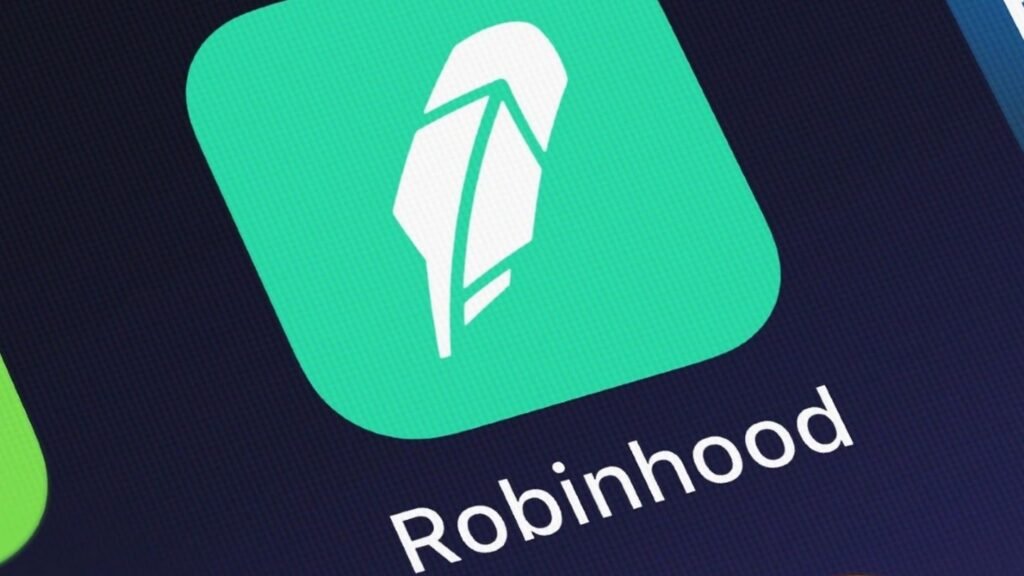Robinhood Expands Its Crypto Offerings with Innovative Features
Digital brokerage firm Robinhood (HOOD) is making headlines by significantly enhancing its presence in the cryptocurrency market. In a bold move, the company announced on Monday its plans to introduce a variety of new offerings, including the development of its own blockchain network based on Arbitrum technology and the launch of tokenized stock trading. By expanding its crypto-focused application in Europe, Robinhood is metamorphosing into a more robust, all-in-one investment platform.
New Features and Offerings
Robinhood has officially rolled out its stock token offering on the Ethereum layer-2 Arbitrum network, catering particularly to its European users. The new features provide access to over 200 U.S. equities and ETFs, enabling users to trade around the clock during weekdays. This significant enhancement positions Robinhood to cater to an increasing demand for seamless and efficient financial instrument trading in the evolving landscape of digital assets.
The firm also confirmed that it is building its own layer-2 blockchain network optimized specifically for tokenized assets. This upcoming blockchain will leverage the Arbitrum tech stack, facilitating 24/7 trading, self-custody, and cross-chain bridging. Although the specific launch date remains undisclosed, industry insiders suggest a potential rollout later this year or early next year.
Aiming to Transform the Financial Landscape
Robinhood’s Chairman and CEO, Vlad Tenev, emphasized the transformative potential of these offerings, remarking that they lay the groundwork for crypto to underpin the global financial system. The company aims to create a more inclusive investment environment, advocating for clearer U.S. regulations around tokenized assets. By doing so, Robinhood seeks to democratize access to financial markets and fight inequality in investment opportunities.
Competitive Landscape
As Robinhood ventures further into the realm of tokenized assets, it faces stiff competition from various digital asset exchanges. Recent trends show other popular exchanges, including Bybit, Kraken, and Gemini, also offering tokenized stocks. Additionally, competitors like Coinbase are pursuing regulatory approvals to provide similar features. However, while Robinhood is building its own tokenization engine, many rivals are forging partnerships with established regulated tokenization specialists, showcasing a distinct approach within the industry.
Perpetual Futures and Crypto Staking
As part of its broader crypto expansion, Robinhood has begun rolling out perpetual futures, a widely favored derivative instrument for crypto traders, specifically for European customers. These trades are routed through Bitstamp, a long-standing active crypto exchange that Robinhood acquired for $200 million. The addition of crypto staking for U.S.-based investors, starting with Ethereum and Solana, allows token holders to earn rewards effortlessly within the Robinhood application.
Beyond these offerings, the company plans to introduce crypto rewards to its credit card by fall 2023, which will enable U.S. customers to invest cashback directly into digital assets. These new features are paving the way for Robinhood to establish itself as a leader in the crypto trading space.
The Future of Tokenization
The market for tokenized assets is budding, with forecasts suggesting it could reach an astounding $18.9 trillion by 2033, according to a report by Ripple and BCG. As investor interest in tokenization intensifies, Robinhood’s innovations place it at the forefront of this burgeoning market. By working to enhance accessible investment options, the company is seeking to provide more inclusive pathways to wealth generation for a broader segment of the population.
In conclusion, Robinhood’s strategic expansions into tokenized stocks and blockchain technology appear promising, aiming to reshape the future of digital trading. As the competition heightens and regulatory landscapes shift, Robinhood’s moves could play a pivotal role in establishing the cryptocurrency sector as a cornerstone of modern finance. The coming months and years will be crucial as the company continues to innovate and evolve in this rapidly changing environment.


